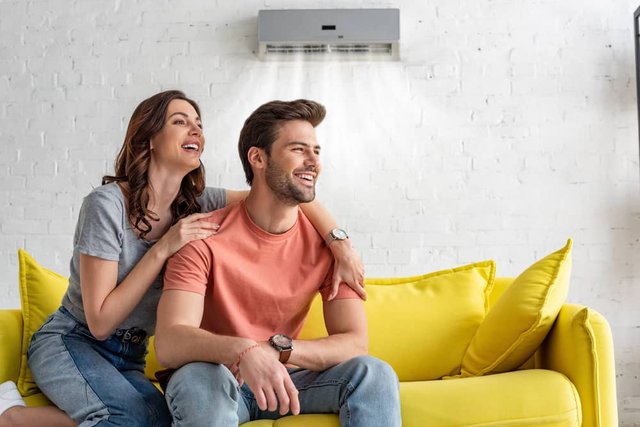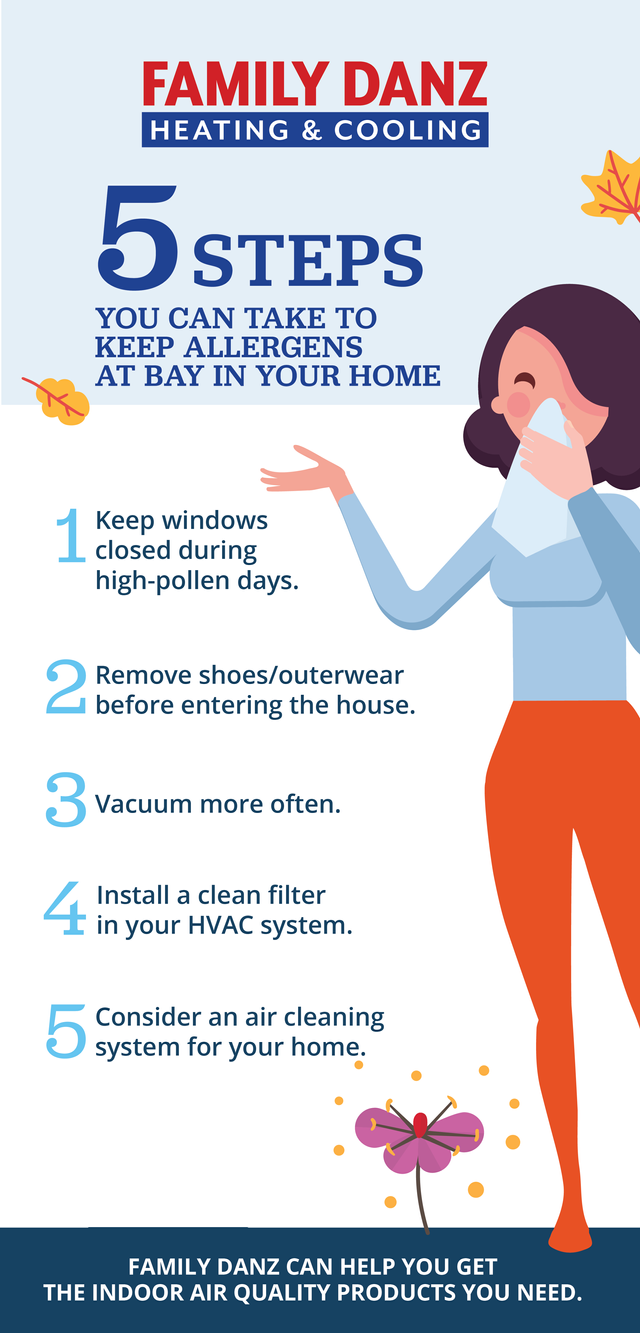
As the seasons change, so does the air we breathe. For those who suffer from allergies, this can mean months of discomfort and frustration. But fear not, there are steps you can take to create an allergy-free haven in your home.
One of the most important factors in achieving this is ensuring the purity of the air circulating through your HVAC system.
In this article, we will explore some helpful tips and tricks to maintain optimal air quality, allowing you to breathe easier and enjoy a healthier, allergy-free living environment.
Your HVAC system plays a crucial role in maintaining a comfortable and healthy indoor environment, but it can also be a breeding ground for allergens.
Dust, pollen, pet dander, and mold spores can all find their way into your system, leading to sneezing, congestion, and itchy eyes. To combat this, it is essential to have regular maintenance performed on your HVAC system.
This includes cleaning or replacing filters regularly, removing any debris or build-up from the vents and ducts, and inspecting for any signs of mould or mildew.
By taking these simple steps or using professional services from residential heating cooling.com, you can significantly reduce the presence of allergens in your home and create a space that is truly allergy-free.
Air Purity Matters: HVAC Tips for Allergy-Free Living
If you're looking for ways to improve air quality and reduce allergies in your home, follow these HVAC tips:
- Clean or replace air filters regularly.
- Use a HEPA filter for superior air filtration.
- Keep humidity levels between 30-50%.
- Vacuum and dust frequently.
- Seal air leaks to prevent outdoor allergens from entering.
By following these steps, you can create a healthier environment and enjoy allergy-free living in your home.

How can HVAC systems improve air purity?
HVAC (Heating, Ventilation, and Air Conditioning) systems play a significant role in improving air purity. These systems are equipped with filters that capture various airborne particles, including allergens. By regularly cleaning or replacing these filters, HVAC systems can effectively remove allergens from the air, thus enhancing air quality.
Moreover, advanced HVAC systems may include additional features such as UV lights or ionizers. UV lights can help eliminate bacteria and viruses, while ionizers can neutralize and remove harmful particles from the air. By utilizing these technologies, HVAC systems can further enhance air purity and create a healthier indoor environment for allergy sufferers.
How often should HVAC filters be cleaned or replaced?
The frequency of cleaning or replacing HVAC filters depends on various factors, including the type of filter, the level of air pollution, and the number of occupants in a space. As a general guideline, disposable filters should typically be replaced every 1-3 months, while reusable filters should be cleaned every 1-2 months.
However, it's essential to check the manufacturer's recommendations for specific guidelines as some filters may require more frequent cleaning or replacement. Additionally, if you have pets or live in an area with high levels of pollution, you may need to clean or replace the filters more frequently to maintain optimal air purity.
How can humidity levels affect air purity?
Humidity levels can significantly impact air purity. High humidity creates a favorable environment for mold and dust mites to thrive, leading to increased allergen levels in the air. On the other hand, low humidity can cause dryness in the respiratory system, making individuals more susceptible to respiratory infections.
To maintain optimal air purity, it is recommended to keep humidity levels between 30% and 50%. This can be achieved by using dehumidifiers in humid climates or humidifiers in dry climates. By controlling humidity levels, allergy sufferers can reduce the presence of allergens in the air and create a more comfortable living environment.